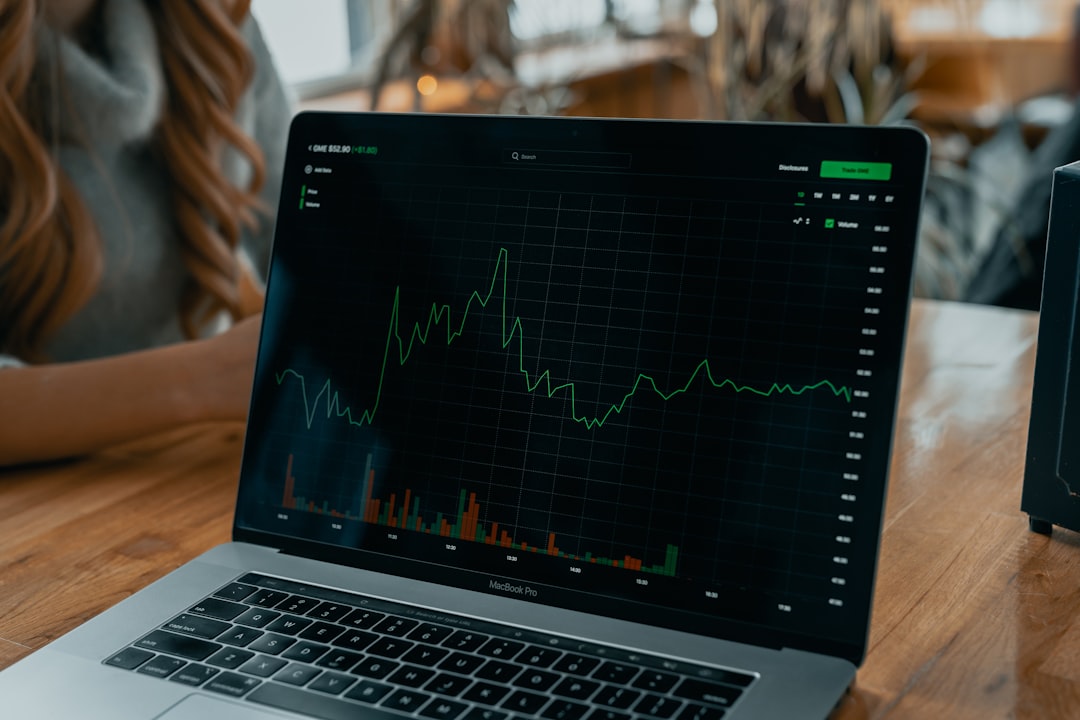
JPMorgan Chase CEO Jamie Dimon offered a stark assessment of the current economic climate during a recent Fox Business interview. Dimon underscored mounting risks stemming from escalating trade tensions, high fiscal deficits, and geopolitical instability—factors he believes could collectively trigger persistent inflation, market volatility, and a potential recession.
Key Remarks from Dimon
Unfair Trade Dynamics:Dimon characterized the U.S. trade situation as inherently unbalanced, noting that the current tariff policies have added significant pressure on the global economy. He described these measures as “one additional straw on the camel’s back,” emphasizing that while trade deals might eventually stabilize the markets, the short-term outlook remains grim.
Credit and Default Concerns:Despite not witnessing any defaults at present, Dimon cautioned that credit problems are likely to increase. He expressed concern that the combination of aggressive trade policies and high fiscal deficits could eventually lead to elevated credit risks for both borrowers and lenders.
Recession Likelihood:When asked about the prospects of a recession, Dimon stated that it is “probably” a likely outcome. This warning comes as fiscal deficits reach peacetime highs and trade tensions continue to disrupt supply chains.
Staffing Measures:On the topic of staffing, Dimon noted that JPMorgan has implemented headcount controls, though he stressed that no forced cuts are occurring at the moment. This cautious approach reflects the broader economic uncertainty that now pervades the market.
Broader Market and Policy Implications
Dimon’s comments serve as a critical reminder of the challenges posed by aggressive trade policies and fiscal mismanagement. His emphasis on the importance of trade agreements—without providing specific pathways for achieving such deals—reflects a growing frustration among industry leaders. The potential for rising defaults and tightening credit conditions adds to the overall anxiety, signaling a possible shift toward more defensive market behavior.
These developments come at a time when both investor sentiment and macroeconomic indicators suggest the economy is on tenuous ground. Dimon’s remarks have further intensified debates over the future direction of U.S. economic policy, particularly as policymakers navigate between maintaining fiscal discipline and supporting growth.
Data Resource for Deeper Analysis
For those looking to analyze historical trends in corporate earnings—which can offer insight into the broader credit and economic environment—real-time data is available via the Historical Earnings API. This resource provides detailed earnings reports over time, giving investors a clearer picture of how companies have weathered similar economic shocks in the past.
Dimon’s candid remarks paint a sobering picture of the challenges ahead. With trade imbalances, rising fiscal deficits, and geopolitical risks converging, the market could face sustained volatility and higher inflation, all while increasing the risk of a recession. As investors take stock of these warnings, monitoring both macroeconomic data and corporate performance will be crucial in navigating the uncertain road ahead.

